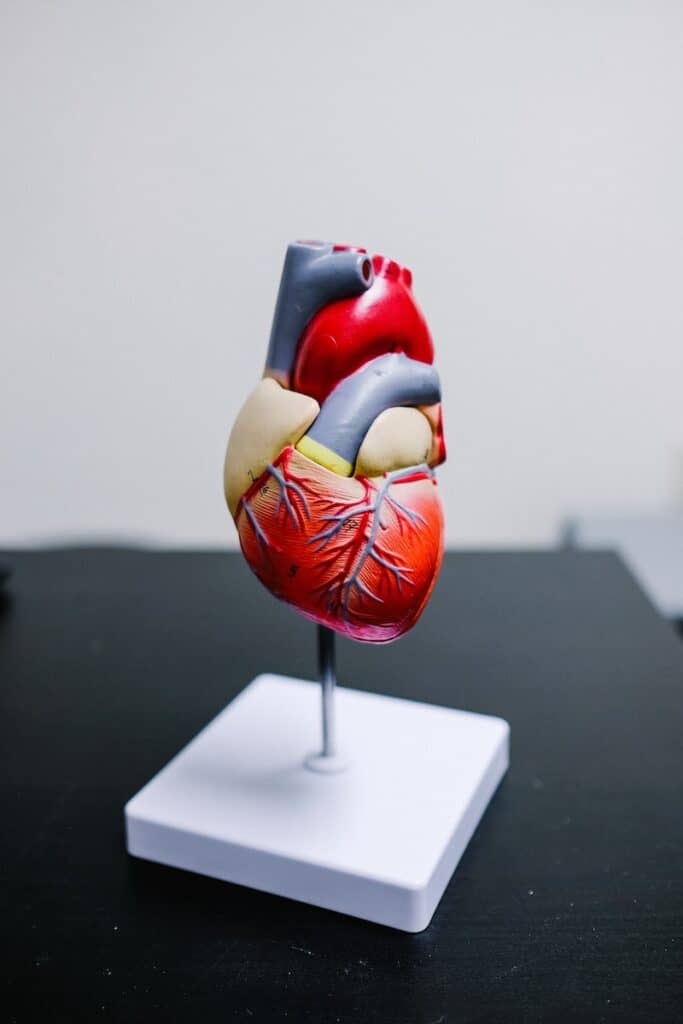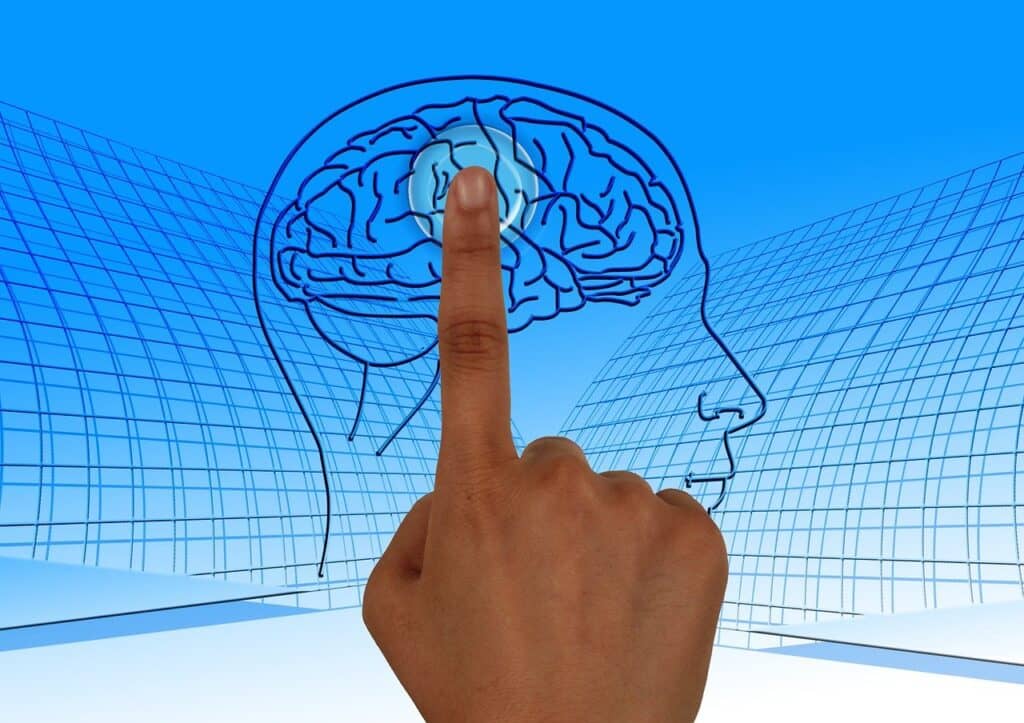There’s a reason why they say breakfast is the most important meal of the day. After all, skipping it can produce some serious side effects, like slowing down your metabolism, for example.
Other things happen to your body as well when you skip breakfast. Continue reading to learn more about exactly what happens to your body when you don’t eat breakfast.
10. Your Breath Stinks

Yes, consuming foods like garlic and onions will give you bad breath. But, did you also know that not eating anything at all can have the same effect? Yep, it’s true.
An article published in Reader’s Digest, U.S. News and World Report says that eating breakfast stimulates saliva production and helps scrub bacteria from your tongue, eliminating morning breath. But, when you skip breakfast, that bacteria doesn’t get washed off your tongue, leaving you with a stinky mouth.
9. Your Periods May Get Worse

That’s right, ladies. Skipping breakfast can make your period pain worse. Not only that, but it can lead to higher incidents of irregular periods as well. That’s according to the findings of a 2009 study conducted by Japanese researchers who analyzed the eating habits of 315 female college students.
The good news (if you can call it that) is that there was no difference in the incidence of premenstrual symptoms when skipping breakfast. Either way, you mustn’t miss out on the most important meal of the day.
8. You Could Develop Inflammation

A small study in the American Journal of Clinical Nutrition shows that people who skip breakfast on a regular basis may be at risk of developing inflammation. That’s because when people skip breakfast, their bodies break down more of their stored fat reserves, which, although may sound like a good thing, can actually lead to low-grade inflammation and impaired glucose homeostasis in the long term.
“Your metabolism and blood sugar control are better in the morning than they are in the evening and at night, so it makes sense to eat more food earlier in the day,” Courtney Peterson, assistant professor of nutrition sciences at the University of Alabama Birmingham, told Time magazine.
7. You May Develop Cardiovascular Disease

“It has been well-documented that eating a complete breakfast leads to better cardiovascular health,” Dr. Mohammad Imam, director of cardiothoracic surgery at Staten Island University Hospital in New York City, told WebMD.
When you skip breakfast, you put yourself at risk of developing cardiovascular disease. A study that tracked the death rates of 6,550 Americans ages 40 to 75 found that always skipping breakfast raises the odds for death from any cause by 19% and by 87% for deaths tied to heart events such as heart attack or stroke.
6. You’re More Likely to Get Diabetes

Eating in the morning helps control your blood sugar. But, when you skip breakfast, you impair your glucose tolerance, leading to the development of prediabetes and diabetes. In fact, a Harvard study found that women who regularly skipped breakfast had a 20 percent increased risk of developing type 2 diabetes. This was particularly true for older women.
The researchers assessed the eating habits of 46,289 U.S. women who were free of type 2 diabetes, cardiovascular disease, or cancer. At the end of the 6-year study, the researchers documented 1,560 cases of type 2 diabetes during the follow-up.
“After adjustment for known risk factors for T2D—except for body mass index (BMI), a potential mediator—women who consumed breakfast irregularly (0–6 times/wk) were at higher risk of T2D [type 2 diabetes] than were women who consumed breakfast daily,” the study reads.
5. Your Brain Function Can be Impaired

Breakfast is essential when it comes to brain function, especially in children. For example, those who don’t eat breakfast before coming to school find it difficult to concentrate. That’s why the U.S. Food and Drug Administration says that eating breakfast may help improve school children’s scores in math, reading and on standardized tests.
However, it’s not just kids whose performance suffers when they don’t eat breakfast. According to Diabetes.org, people who regularly skip breakfast are not as productive at work, are less effective problem solvers and have less mental clarity than people who always eat a healthy breakfast.
4. You Deprive Your Body of Adequate Nutrition
Skipping breakfast can rob your body of essential nutrients. That’s because most people who skip breakfast tend to be deficient in certain minerals, like calcium, for example. Plus, they don’t eat enough fruits and vegetables that provide essential vitamins crucial to good health.
This has been proven by the U.S. Food and Drug Administration, who conducted a study that found that students who eat breakfast get more important nutrients, vitamins, and minerals than those who don’t eat breakfast.
3. Your Energy Levels Will Drop

If you find that you feel sluggish by mid-morning, have a lack of energy, or have frequent energy slumps, it’s likely because you didn’t eat breakfast earlier that morning. You need glucose to fuel your body after fasting all night, and eating breakfast will provide you with that fuel.
According to Reader’s Digest, the University of Wisconsin says that breakfast should give you 25 percent of your daily energy, including high fiber and protein for fuel.
2. You’ll Get “Hangry”
The word “hangry” is a portmanteau of the words “hungry” and “angry,” which is what people often become when they haven’t had anything to eat. In fact, a study from the UK showed that men who had eaten breakfast had a calmer, more positive mood at the beginning and end of the study than those who hadn’t eaten breakfast at all. That’s because skipping breakfast caused their blood sugar to drop, which resulted in irritability, headache, and fatigue.
“Serotonin and dopamine, also known as neurotransmitters, are chemicals produced in the brain to regulate feelings and mood,” Shannon R. Weston, MPH, a certified diabetes educator at UTHealth School of Nursing in Houston, told Reader’s Digest.
“There is a connection between food intake and the balance of neurotransmitters produced by the brain. Skipping meals puts stress on the body and stress affects dopamine and serotonin levels,” Weston added.
1. You’ll Have More Cravings Later
When you don’t eat a hearty breakfast, especially one that’s packed with protein, you’ll end up having more cravings later. That’s because protein can help manage your appetite throughout the day. Not only that, but it will also impact your nutritional choices for the rest of the day.
So, when you eat a substantial amount of protein with your breakfast, it suppresses your appetite and provides satiety between meals. So, what exactly constitutes a substantial amount of protein? Around 20 grams.



